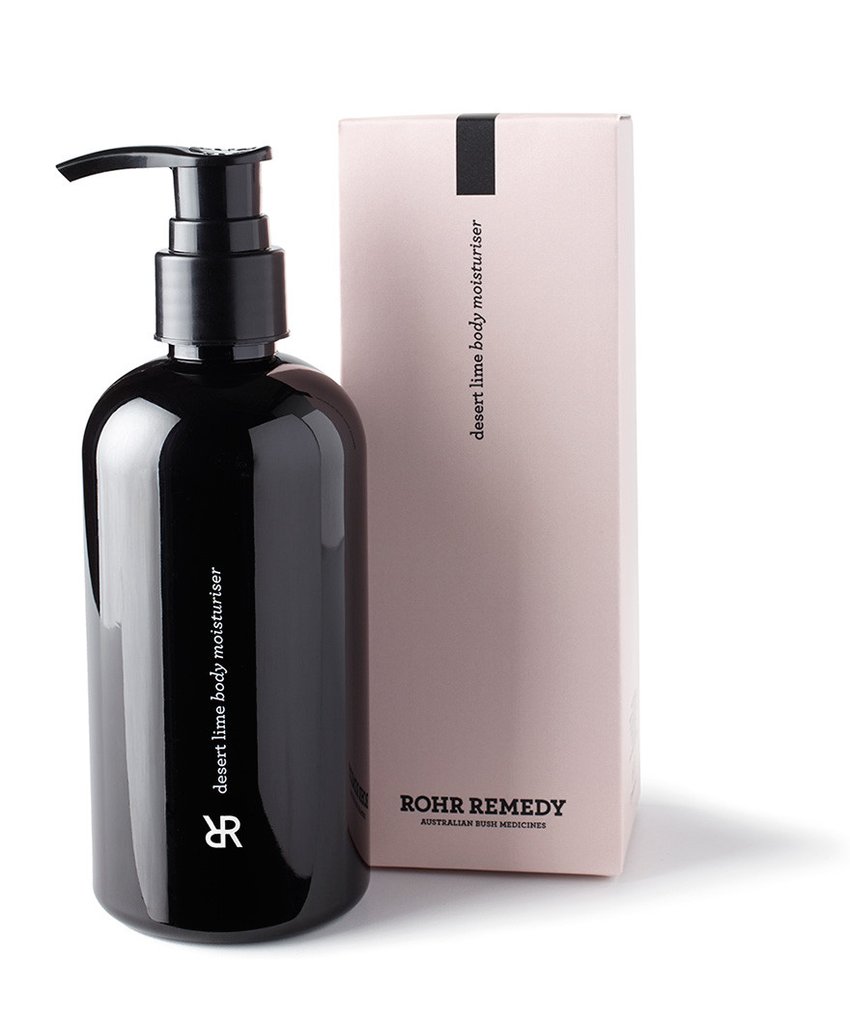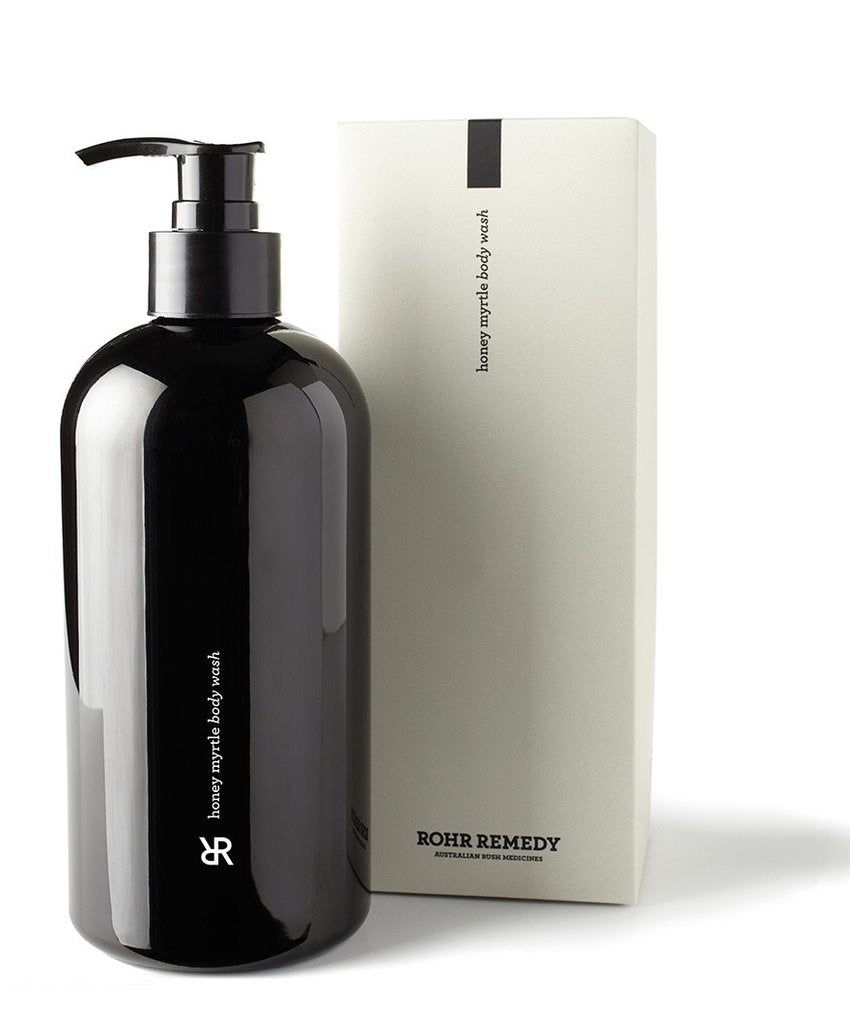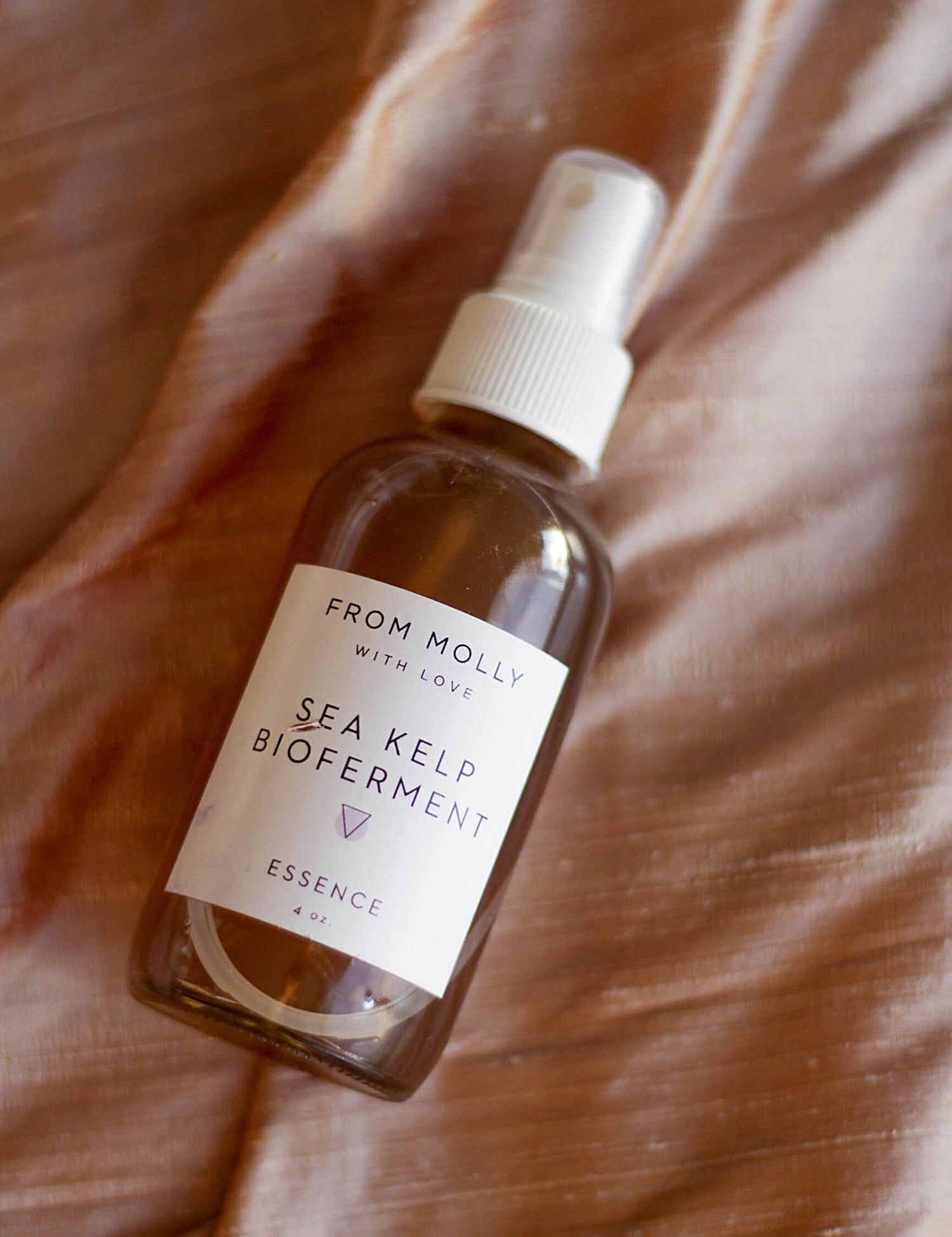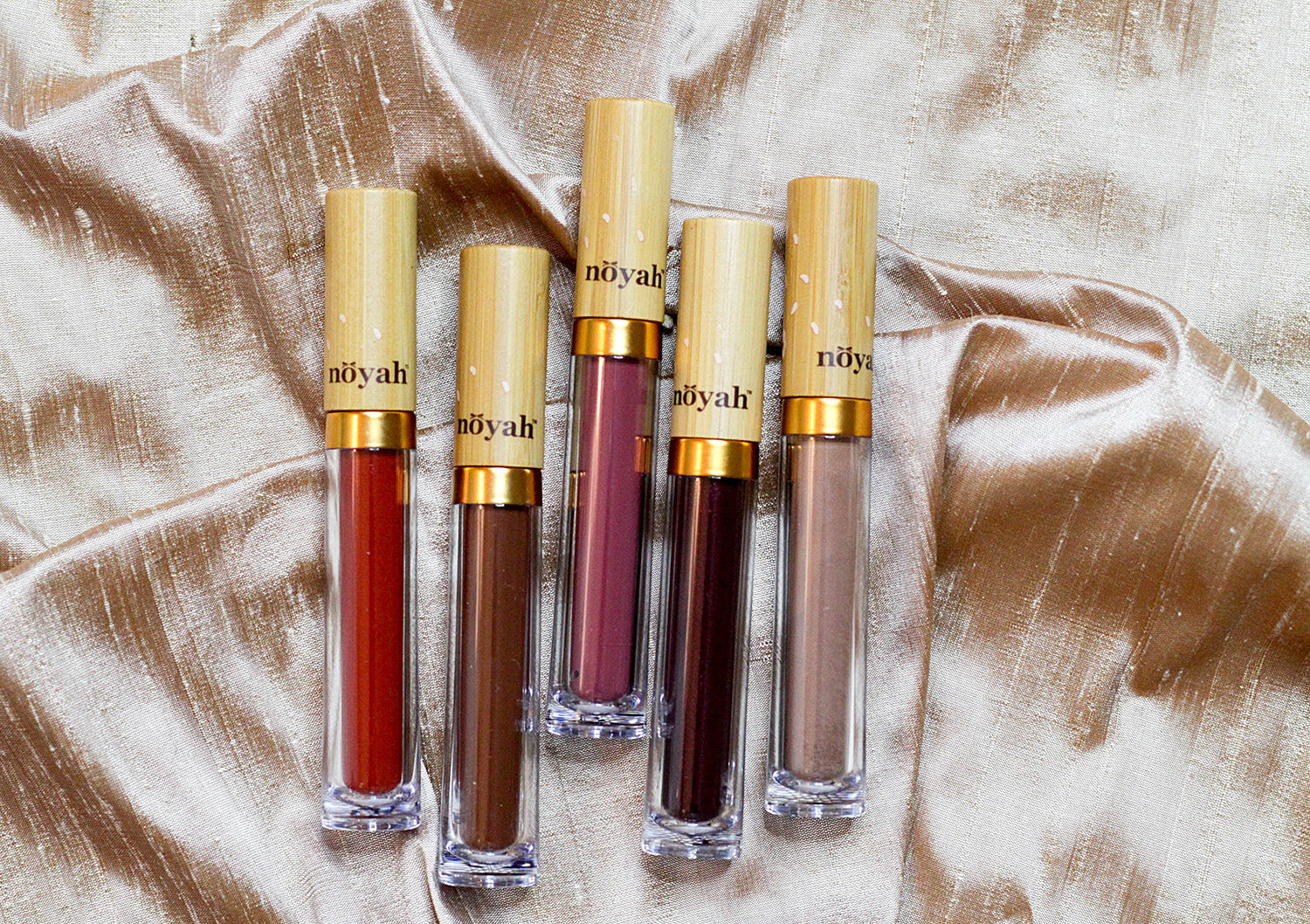Chemical vs. Physical Exfoliators | What's the difference?

Exfoliators help remove dead skin, revealing smoother & brighter skin. Our skin cells naturally shed and renew, but as we age, this process slows down. That's why we add exfoliators to our skincare routine. They aid our body's natural process of removing dead skin cells.
chemical vs. physical exfoliators
Chemical exfoliators use a chemical like an acid or enzyme to dissolve dead skin cells. That sounds pretty intense, but many chemical exfoliators are quite gentle, especially ones that utilize enzymes from fruit (like this Enzyme Gel Mask).
Examples of chemical exfoliators are:
- AHAs (alpha hydroxy acids) - glycolic acid and lactic acid are common AHAs. Glycolic acid has very small molecules, meaning it can deeply penetrate the skin and provide great results. Lactic acid is a more gentle AHA, and it's often used in products for age spots and discoloration.
- BHAs (beta hydroxy acids) - salicylic acid is a common BHA and it's often used in products for acne-prone and/or oily skin. Salicylic Acid is compatible with oils so it can penetrate into oily skin and clear clogged pores that are often associated with acne.
- Fruit enzymes - typically pineapple and papaya. Fruit enzymes are the most gentle of chemical exfoliators and target only the outer layer of the epidermis.
Physical exfoliators are basically fine scrubs that will manually remove dead skin cells. There are lots of options for physical exfoliators, like sugar, jojoba beads, apricot seed kernels, pumice, alumina and bamboo beads. The main thing is to avoid any scrubs that have large and/or sharp particles (like nuts and some seeds) because they can be too harsh and end up tearing the delicate skin on your face.
tips for using chemical and physical exfoliators
- Make sure to wear sunscreen! Any exfoliator will make your skin more sensitive to the sun, so make sure to protect your skin. Check out this post all about sunscreens.
- Limit how much you exfoliate. If you exfoliate too often, you can end up damaging your skin's protective barrier, leading to dry and irritated skin. Typically, exfoliating 2 - 4 times a week works well to keep your skin smooth and bright.
- Be careful about other active ingredients when using an exfoliator. When you exfoliate, you're exposing more delicate skin. If you then follow up with another active ingredient, like retinol, you run the risk of irritating your skin. On the nights when you exfoliate, try to avoid other active skincare products.
What are your favorite exfoliators? Let us know in the comments!
0 comments





